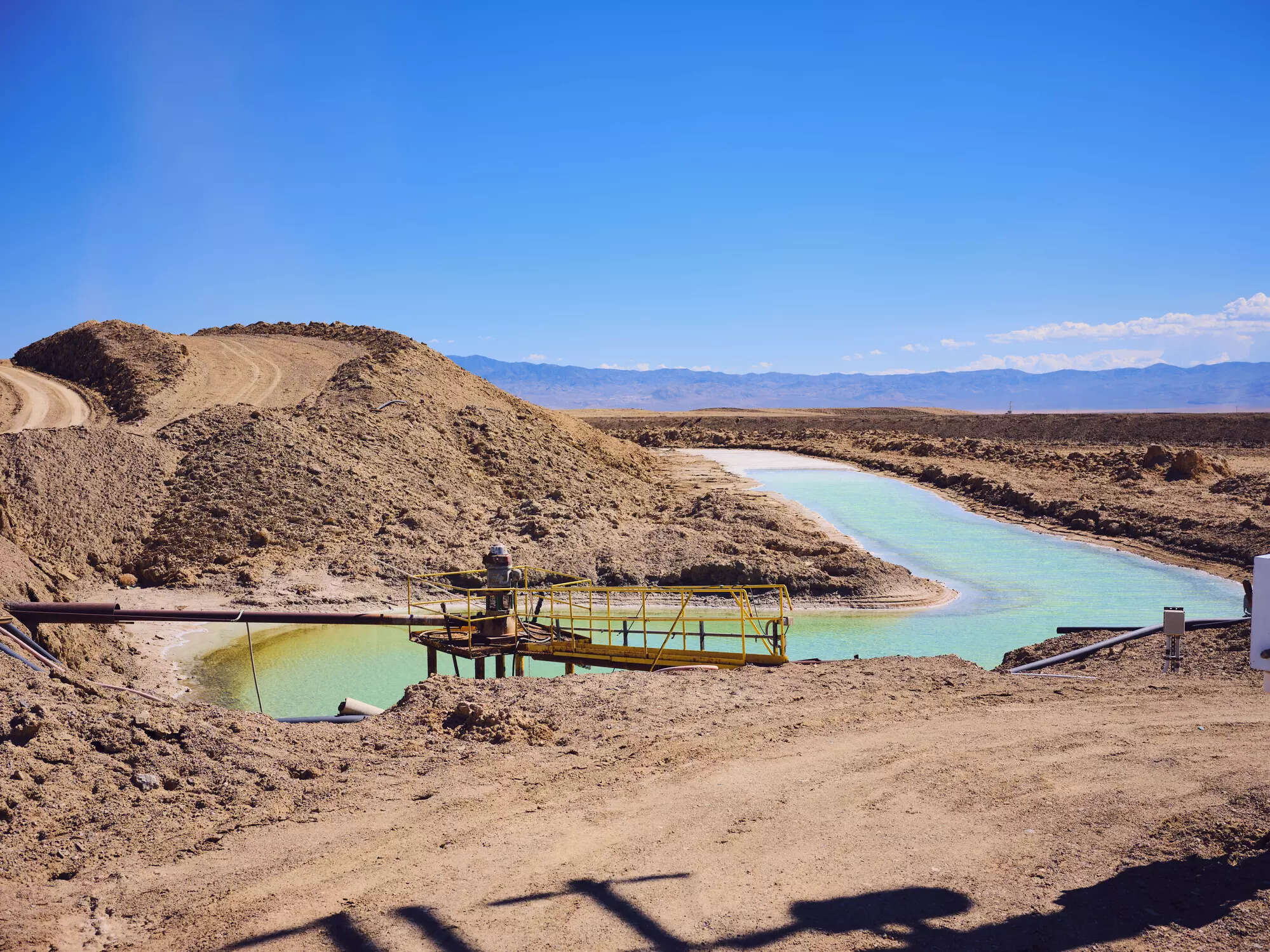
There was hardly any lithium industry in India till 2022. For its domestic needs, the country was relying on imports, mainly from Hong Kong and China. A joint venture with Argentina was also being explored. Things took a dramatic turn in February 2023 when massive lithium deposits were suddenly discovered in Jammu & Kashmir.
Initial estimates by the Geological Survey of India (GSI) suggest that there is a reserve of 5.9 billion tonnes of lithium in Jammu and Kashmir. Testing is still ongoing in the state, but if the lithium deposits are anywhere close to the initial estimates, India has the potential to become one of the world’s largest lithium producers.
The Central Government is planning to initiate the process of auctioning the mining blocks at the site by the end of this year. The discovery is a major opportunity for India. Lithium is a key ingredient for electronics products–it is also critical for electric vehicle batteries (the Lithium-Ion Battery). If India manages to extract significant amounts of lithium from Jammu & Kashmir then there could be a huge boost to the EV industry in the country.
But the mining of lithium is not going to be easy. The lithium in Jammu & Kashmir is hard rock, not the brine that is found in South America. The hard rock lithium requires a lot more water and electricity to mine than the brine based lithium. It is also true that lithium is a controversial mineral. It is mined in the Global South but the Global North is its major consumer.
International activists have been depicting lithium as an exploitative mineral, one that exploits the human resources of the Global South for the enrichment of the Global North. If India’s lithium extraction is successful, this mineral could get an image boost. Instead of associating it with exploitation of the Global South, the activists might start considering it as a mineral that enriches the Global South.
There is no risk of India’s lithium mines becoming a cause of exploitation in the mining sector–the Indian government has passed the Mines and Minerals (Development and Regulation) Act, which stipulates that only Indian nationals or firms whose members are Indian nationals are eligible for prospecting licences or mining leases.
The law also stipulates that the domestic firms must process the mined lithium in India. This is expected to ensure that the domestic industry benefits and India becomes a global hub for manufacture of EV batteries. To extract lithium, India will need global expertise which might come from Australia, the world’s biggest supplier, with production from hard rock mines. Chile and China mainly produce it from salt lakes.
To safeguard Indian interests, domestic firms should also process the lithium mined in India. This would further invigorate the local economy and prevent a neo-mercantilist system where Western companies look to India for raw materials and ignore its manufacturing potential.
In the last five years, the Government of India has taken several initiatives to encourage the Electric Vehicles sector. EV manufacturing companies like Hyundai Motor India, Reliance Limited, Ola Electric, Rajesh Exports and others are being given incentives. If the EV industry grows, it will ensure that most of the lithium that is mined in India stays in India and is consumed for the growth of the Indian economy and the prosperity of the Indian masses.

